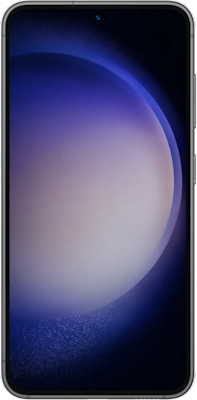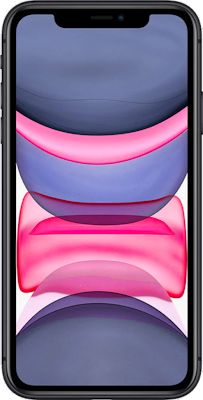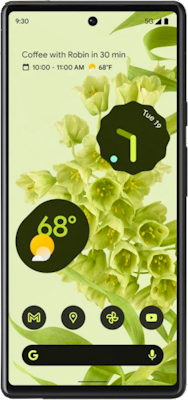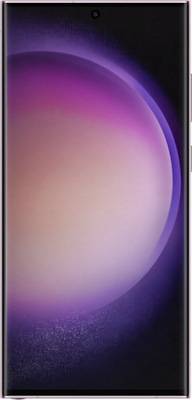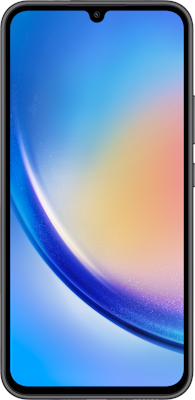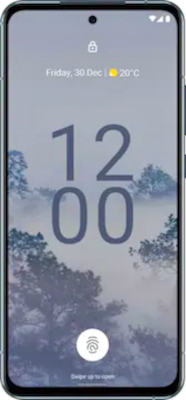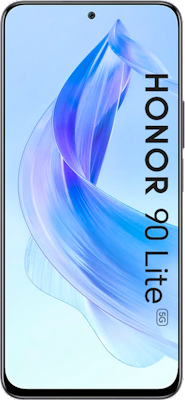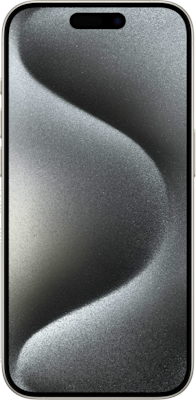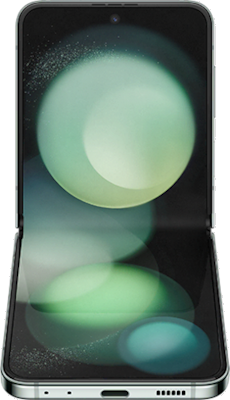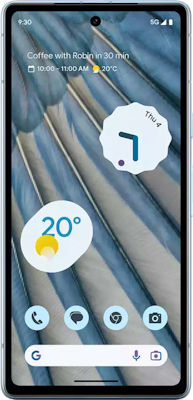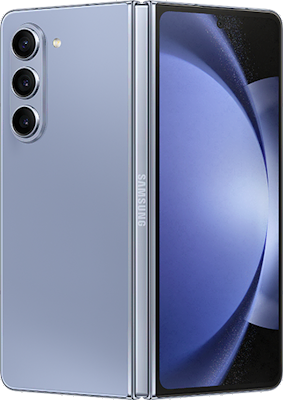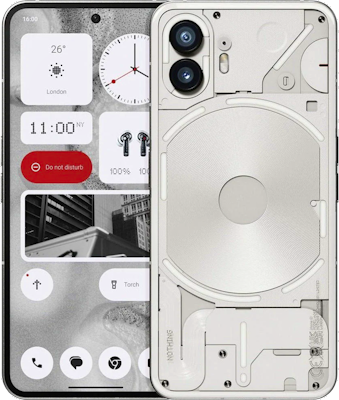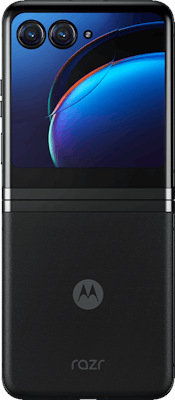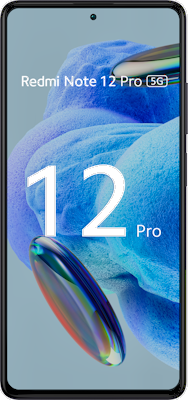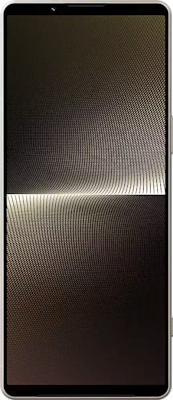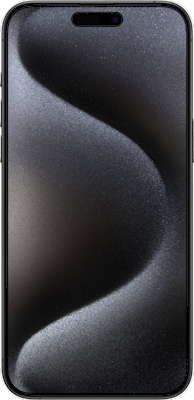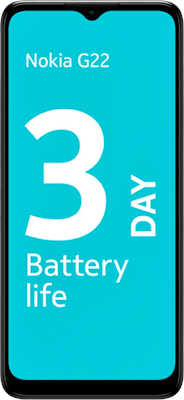What are mobile phone deals, and how do they work?
With so many mobile deals available, finding the best one for you might be challenging. This article explains what mobile deals are and how they work. You'll find plenty of tips for finding a deal that will fit your needs.
Mobile phone deals are offers made by mobile network providers that bundle together a new phone and tariff, making it more accessible and affordable for customers to get their hands on the latest handsets.
With a mobile deal, you can expect a phone at a discounted price in exchange for signing up for a contract. The plans can vary in price and offer different amounts of data, minutes, and texts. These factors will vary between deals and providers. Some deals may also include additional perks like streaming subscriptions and discounted accessories.
It's important to note that mobile phone contracts can have restrictions, such as early termination fees if you end the contract early or limits on the amount of data or minutes available.
Types of mobile deals and their differences:
When it comes to mobile deals, there are different types to choose from, including pay-as-you-go, monthly contracts and SIM-only deals. Each has pros and cons, and you should choose the one that suits you the best.
Handset and tariff contracts are popular, especially if you're looking for a new handset without a hefty upfront cost. With a monthly contract, you will pay fixed monthly prices for a fixed period. Usually, contracts last between 12 and 36 months, but the length will depend on the deal you choose. The benefits of a monthly contract deal include discounts for minutes, texts and data. However, consider that these deals come with a commitment. Early termination fees can be costly if you switch providers before the contract ends.
SIM-only deals are similar to monthly contracts but don't come with a handset resulting in much lower costs. Instead, you get a SIM card with a set amount of data, calls and texts for a monthly fee. SIM-only deals are ideal for those who already have a phone or want to keep their existing phone. They are usually cheaper than monthly contracts and offer more flexibility. The downside is that if you want to change the phone but stay with a sim-only deal, you will have to buy a new handset separately from your SIM-only contract.
Pay-as-you-go (PAYG) mobile deals offer customers flexibility and control over their usage. With pay-as-you-go, you only pay for what you use, so there are no fixed monthly bills or contracts to consider. This deal is perfect for someone not interested in taking out a new phone and wanting to avoid lengthy contracts. However, with pay-as-you-go, the cost for minutes, texts and data can be more expensive than monthly contracts or SIM-only.
What to consider before choosing a phone or SIM-only contract:
When choosing a mobile contract or SIM-only deal, you should consider several factors, including your call, text and data usage, contract length and network coverage.
Unlimited data, call, and text plans are popular since they allow customers to use as much data, calls and texts as they want without worrying about extra fees. However, these plans are more expensive and may only be available with some providers. Ultimately, it's cheaper to take an overview of your current usage and take out a plan you know you will stay within the limits of.
Here are some tips to help you figure out your usage:
Data. To estimate your monthly usage, consider the activities you use your phone for, such as browsing the web, using social media or streaming videos. Some phones or apps also provide data usage statistics which might give you a better idea of how much data you use on average per month.
Minutes. If you make calls frequently, to estimate your monthly minutes consider how many calls you make each day and their average duration. For light call users, 300 minutes might be more than sufficient.
Texts. Consider how many text messages you send on a day-to-day basis. Remember, messaging services like iMessage and WhatsApp use data rather than SMS, so you should remember that. If you mainly use a messaging service rather than SMS, consider choosing a higher data plan over a higher text allowance.
Here are some more things to consider when looking for the best deals on mobile phones:
Length of the contract. Since contracts can range from 12 to 36 months, you must consider how long you're willing to commit to a provider, mainly because cancelling your contract will mean facing an early termination fee.
Whether the phone you will be getting is locked into one network. When a phone is locked to a particular network, that means that the phone is forced to only work with SIM cards from that specific network. This practice ensures that customers fulfil their contracts, preventing them from using the phone with another provider's SIM before the contract expires. This can be frustrating for people who often travel and use local SIM cards to avoid high roaming fees, as they cannot exchange the SIMs. It's worth noting that you can get your phone unlocked after your contract runs out by contacting your provider. Sometimes it also becomes unlocked automatically after your contract ends; this will depend on the provider, so you should consider the provider's terms before you choose a deal.
International roaming fees. When you use your phone abroad, your provider will typically charge you for using their partner network in the country you're visiting, which can be more expensive than what you pay in the UK. To avoid high roaming charges, consider purchasing an international roaming package from your provider before you travel or using a local SIM card in the country you're visiting if your phone is unlocked. If you travel abroad often, consider selecting a package that has international roaming included.
How to find cheap mobile phones deals and save money on your next phone:
Shop around. When you have the deals that meet your requirements, you can sort them by price and see the cheapest mobile phone deals at the top. When using comparison sites such as Savely, toggle the sorters so they represent the deal you're looking for.
Avoid unnecessary add-ons. Sometimes providers are going to entice you with extra add-ons. Consider if you would need such add-ons or if you could save money by choosing a deal without the add-ons.
Choose a SIM-only deal. If you already have a phone, you're happy with; you can choose a SIM-only deal. Without the cost of the new device, your monthly payments will be significantly lower.
Trade in your old phone. Some providers offer trade-in deals where you can receive a discount on your new device by trading in your old phone. Check if the provider offers this option and see how much you can save.
What free gifts and perks can you get with your deal, and are they worth it?
Many providers offer gifts and perks as part of their deals, ranging from subscriptions to additional devices. Here are some types of perks you might come across:
Subscriptions. Many phone deals come with free subscriptions to popular services like Netflix, Spotify, or Amazon Prime. Those can be a nice perk, but it's essential to consider whether you will use the subscription service or if you can find a better value deal without it.
Additional devices. Some providers offer other devices, such as a free tablet or smartwatch, as part of their phone deals. These devices can be helpful. However, if you already own them, consider if there is a better value deal out there.
Cashback. Some providers may offer cashback as an incentive. However, check if the cashback value is worth the phone deal's overall cost.
Vouchers. Providers may offer vouchers with the mobile deal. Consider whether those vouchers are worth the price and if they are for the places you would shop at.
When considering these perks, it's essential to see if they come at an additional price. That said, if they do not come at an extra cost or you would have use for them, these gifts can add value to your phone deal and make it worthwhile.
What you need to know about credit checks when taking out a new mobile contract:
Some mobile providers might run a credit check on you before approving you for the contract. Here are some things you need to know about them and answers to frequently asked questions:
What is a credit check?
A credit check is a review of your credit history, which includes your payment history, outstanding debts, and other financial information. This review helps the provider determine whether you're a reliable candidate and will be able to make payments on time.
What if I have bad credit?
If you have bad credit, getting approved for a mobile contract might be more difficult, or you might be required to pay a higher deposit. However, different providers will have other acceptance criteria; some even specialise in plans for customers with bad credit. Be sure to shop around and contact the providers for more information if you need it.
Will credit checks affect my credit score?
A credit check will be logged on your credit report, which can temporarily negatively impact your credit score. However, the impact is usually temporary, and your credit score should bounce back within a few months.
Can I check my credit score before I apply?
You can check your credit report using the services like Experian or similar. Checking your credit report beforehand can give you a good idea of whether you will be accepted.


